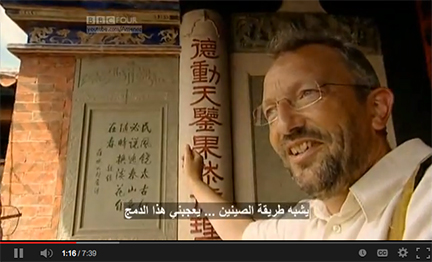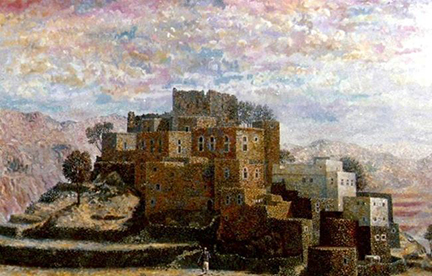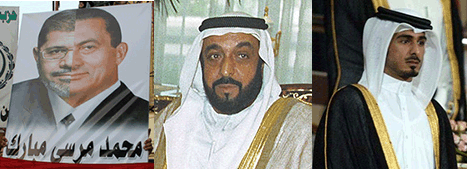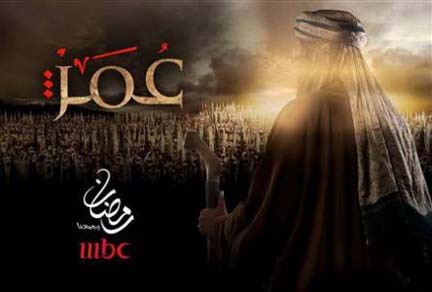
Mackintosh-Smith in China
One of the most celebrated Arab travelers was the 14th century Ibn Battuta. For a book on the travels of Ibn Battuta, Timothy Mackintosh-Smith literally followed in the footsteps that the Arab savant had taken some seven centuries earlier. In addition to the book, a documentary film was made. An excerpt of the film on Tim’s experience int he Chinese city of Zaytun is available on Youtube and well worth watching. Other Youtube excerpts are on an Ibn Battuta shopping mall in Dubai and on Turkey. Vimeo provides access to the entire first part of the three-part series. For more information on the work of Mackintosh-Smith, check out his website. An earlier documentary on the English Sheikh and the Arab Gentleman by Bader Ben Hirsi is available in its entirely on Youtube.







